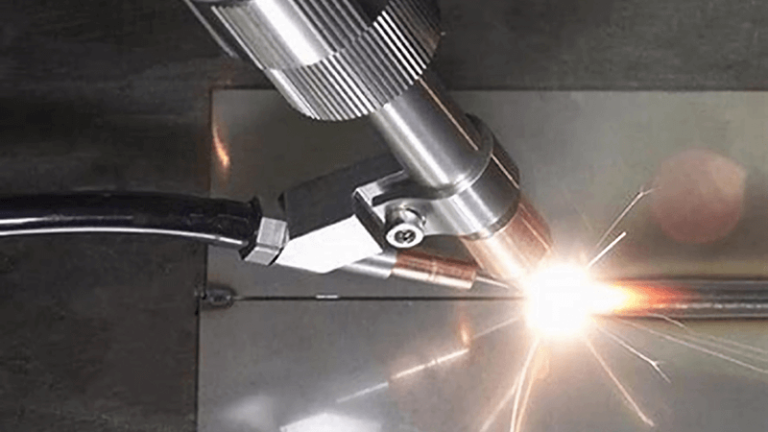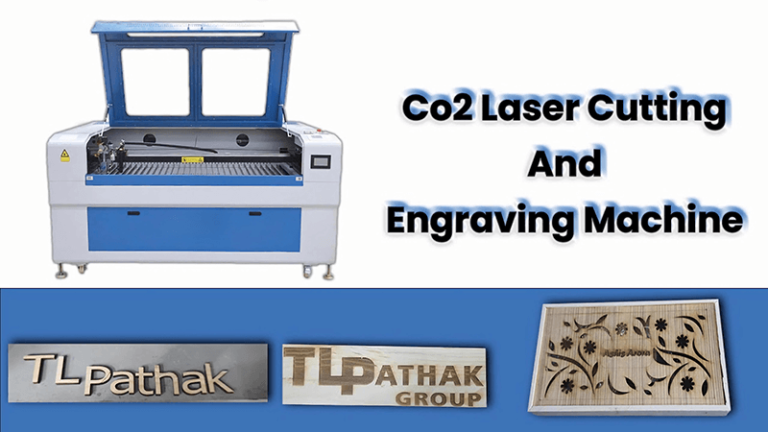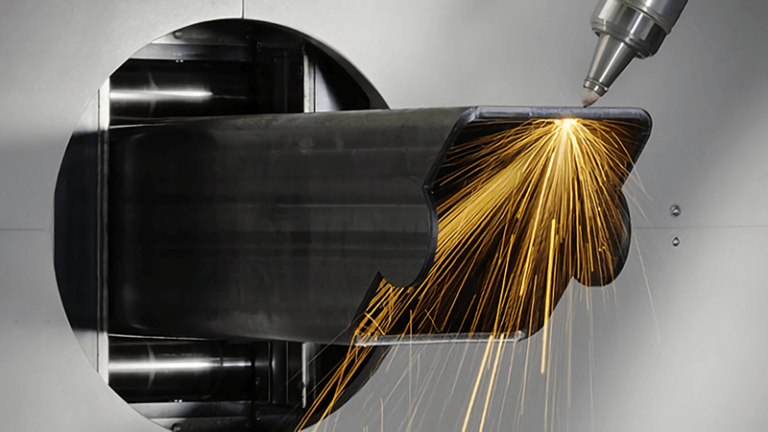If you’ve ever stood before a fiber laser cutter and cursed the delay caused by opening a safety door—you’re not alone.
An open-type fiber laser cutting machine skips the enclosure, giving operators faster access, better visibility, and quicker changeovers, all while maintaining industrial-grade beam precision.
Enclosed machines look sleek, but when you need speed and flexibility, open-type wins. I’ve seen too many shops struggle with slow setups, only to regain control with an open bed, a light curtain, and a streamlined workflow. That’s exactly how we helped a sheet metal shop triple their output last year.
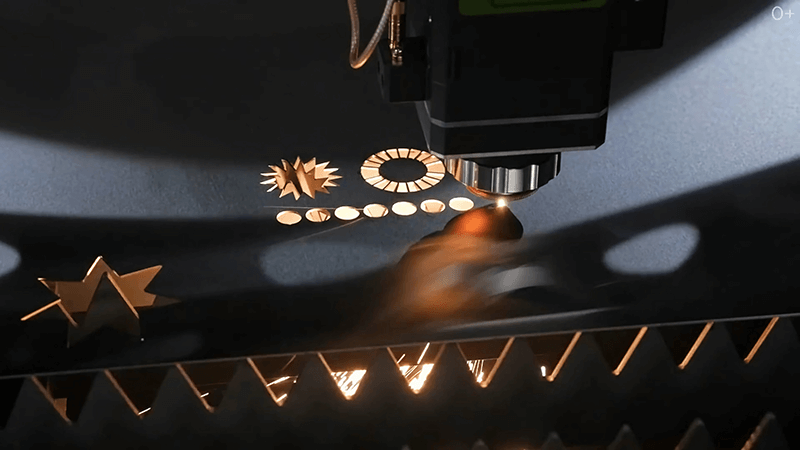
What is the difference between open and enclosed laser cutters?
In the laser cutting world, accessibility and speed often trade places with safety and style.
Open-type fiber laser cutters remove the enclosure for faster loading and better visibility, while enclosed types add safety shields and fume control—but slow down operation.
Three Key Differences
| Feature | Open-Type Cutter | Enclosed Cutter |
|---|---|---|
| Sheet Access | Instant load/unload | Slower due to door operation |
| Operator Visibility | Full real-time view | Limited view through windows |
| Safety Approach | Light curtain + zone control | Full enclosure with interlocks |
In our experience at Kirin Laser, open-type models1 are ideal for factories needing flexible sheet sizes, especially in mixed runs. One customer cut their average job setup from 7 minutes to under 2, simply by removing the need to open and close access doors. Of course, for high-volume identical runs or where regulatory shielding is required, enclosed systems2 still have a role—but most sheet metal shops3 benefit more from open designs.
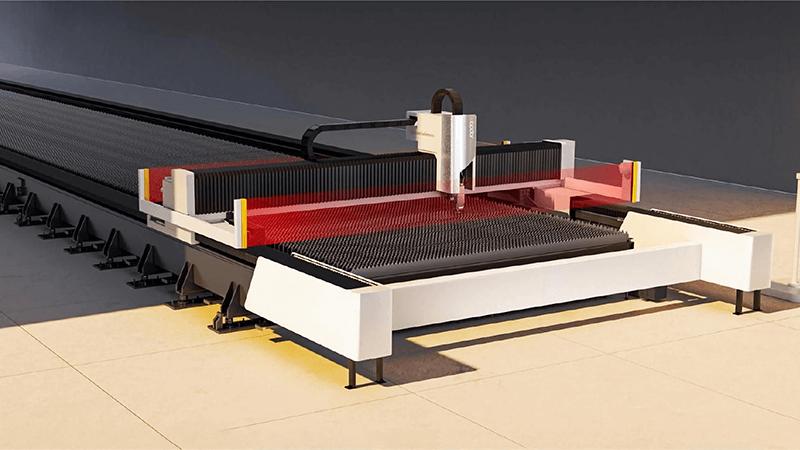
What are the different types of laser cutting machines?
Not every laser cutter works the same. The beam type, application, and even how you handle the workpiece all change the outcome.
The main types of laser cutting machines are fiber lasers, CO₂ lasers, and UV lasers—each suited for different materials and applications.
Major Laser Machine Categories
| Laser Type | Strengths | Common Applications |
|---|---|---|
| Fiber Laser4 | High power, low maintenance, metal cutting | Stainless steel, aluminum, brass |
| CO₂ Laser5 | Versatile for non-metals, deep cuts | Wood, acrylic, leather |
| UV Laser | Precise, cold marking | Electronics, plastic, medical tools |
At Kirin Laser, we focus on fiber laser systems because our customers demand speed, durability, and precision on metal. Fiber lasers offer 2-3x higher efficiency than CO₂ on metal and last longer. They also require less maintenance—no mirrors to align, no gas to refill. That means more uptime, less worry.
Fiber is now the default for industrial metal cutting6, especially when paired with open-bed setups. It's also why we doubled down on open-type designs—they let fiber lasers work at their best.
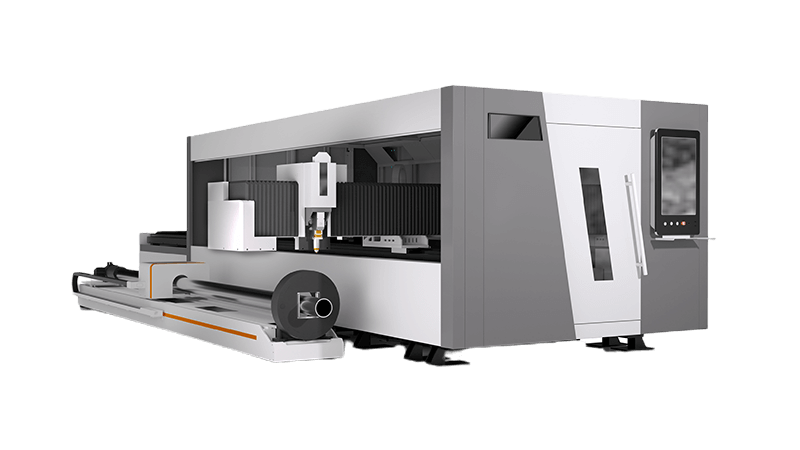
What is the difference between a fiber laser cutting machine and a laser cutting machine?
This is the question we get most often at Kirin Laser, especially from new buyers unsure where to start.
A fiber laser cutting machine is a specific type of laser cutting machine optimized for metal, using a fiber-optic-generated laser beam, offering higher efficiency and longer life than CO₂ systems.
Breaking It Down: Laser vs. Fiber Laser
| Term | Meaning |
|---|---|
| Laser Cutting Machine | General term for any system using a laser to cut materials |
| Fiber Laser Cutter7 | Uses fiber-optic cables to amplify the beam, ideal for metals |
| CO₂ Laser Cutter8 | Uses gas discharge to generate beam, suited for non-metals |
Fiber laser machines are not “just” laser cutters—they’re a category with industrial-grade specs for high-precision metal work. What we offer at Kirin Laser is a full ecosystem: from 1kW entry-level machines to high-watt systems capable of 30mm stainless steel. Our open-type designs enhance this even more by maximizing loading speed.
Some factories come to us thinking any laser cutter will work for steel. But when we demo a fiber beam cutting 10mm stainless in one pass, they realize the difference is night and day.
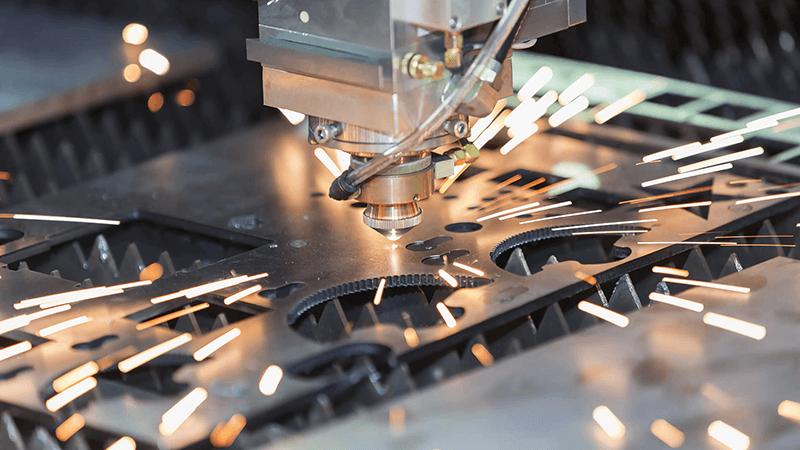
What are the three types of operations the laser cutter can perform?
Laser cutters aren’t just about slicing through metal. They’re precision tools that can do a lot more.
The three main operations laser cutters perform are cutting, engraving, and marking—each useful for different applications in production.
Three Operations in One Machine
| Operation | Function | Use Case |
|---|---|---|
| Cutting | Full-depth material removal | Sheet metal fabrication, custom parts |
| Engraving | Surface removal with depth | Signage, serial numbers, logos |
| Marking | Surface discoloration or ablation | Barcodes, QR codes, date codes |
With Kirin Laser’s fiber systems9, all three are possible on one machine. For example, our open-type 3kW model is set up for part cutting and marking10 in the same workflow. One of our clients in Texas uses it to cut steel parts and then add traceable QR codes on the same pass, saving hours in post-processing.
We also provide marking-specific machines for lighter duty if customers need that. But most industrial buyers prefer the flexibility of all-in-one systems11, especially when they can integrate automation around it.
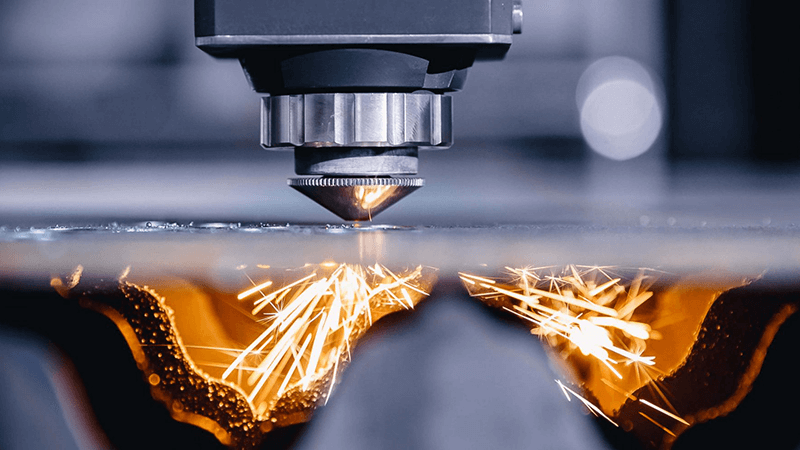
Conclusion
Open-type fiber laser cutting machines12 are all about speed, visibility, and efficiency. They remove physical barriers, improve workflow, and keep operators in full control. At Kirin Laser, we’ve helped shops move from clunky enclosed setups to sleek open systems—boosting productivity without sacrificing precision. Whether you're comparing types of machines or exploring laser functions, one thing is clear: when it comes to metal, fiber lasers dominate—and open-type builds make them even better.
-
Explore how open-type models can enhance flexibility and efficiency in manufacturing processes, especially for mixed runs. ↩
-
Learn about the safety and efficiency benefits of enclosed systems, particularly for high-volume production and regulatory compliance. ↩
-
Discover the impact of cutter designs on productivity and safety in sheet metal shops, and find the best solutions for your needs. ↩
-
Explore the benefits of Fiber Laser technology, including efficiency and maintenance advantages, to understand its impact on industrial applications. ↩
-
Learn about the versatility of CO₂ Laser technology and its applications in various industries, enhancing your knowledge of laser cutting options. ↩
-
Discover how Fiber Laser technology revolutionizes metal cutting, offering superior efficiency and precision compared to traditional methods. ↩
-
Explore the benefits of Fiber Laser Cutters, including efficiency and precision, to understand why they are preferred for metal cutting. ↩
-
Learn about CO₂ Laser Cutters, their working mechanism, and the types of materials they are best suited for, enhancing your knowledge of laser technology. ↩
-
Explore this link to understand how fiber systems enhance efficiency and versatility in laser operations, making them ideal for various applications. ↩
-
Discover the intricacies of cutting and marking processes in laser technology, which can significantly improve production workflows. ↩
-
Learn about the benefits of all-in-one systems, which offer flexibility and efficiency, crucial for modern industrial operations. ↩
-
Find the best laser cutting machine from Kirin laser, clicking this link to get your best laser cutting solutions for your application. ↩


